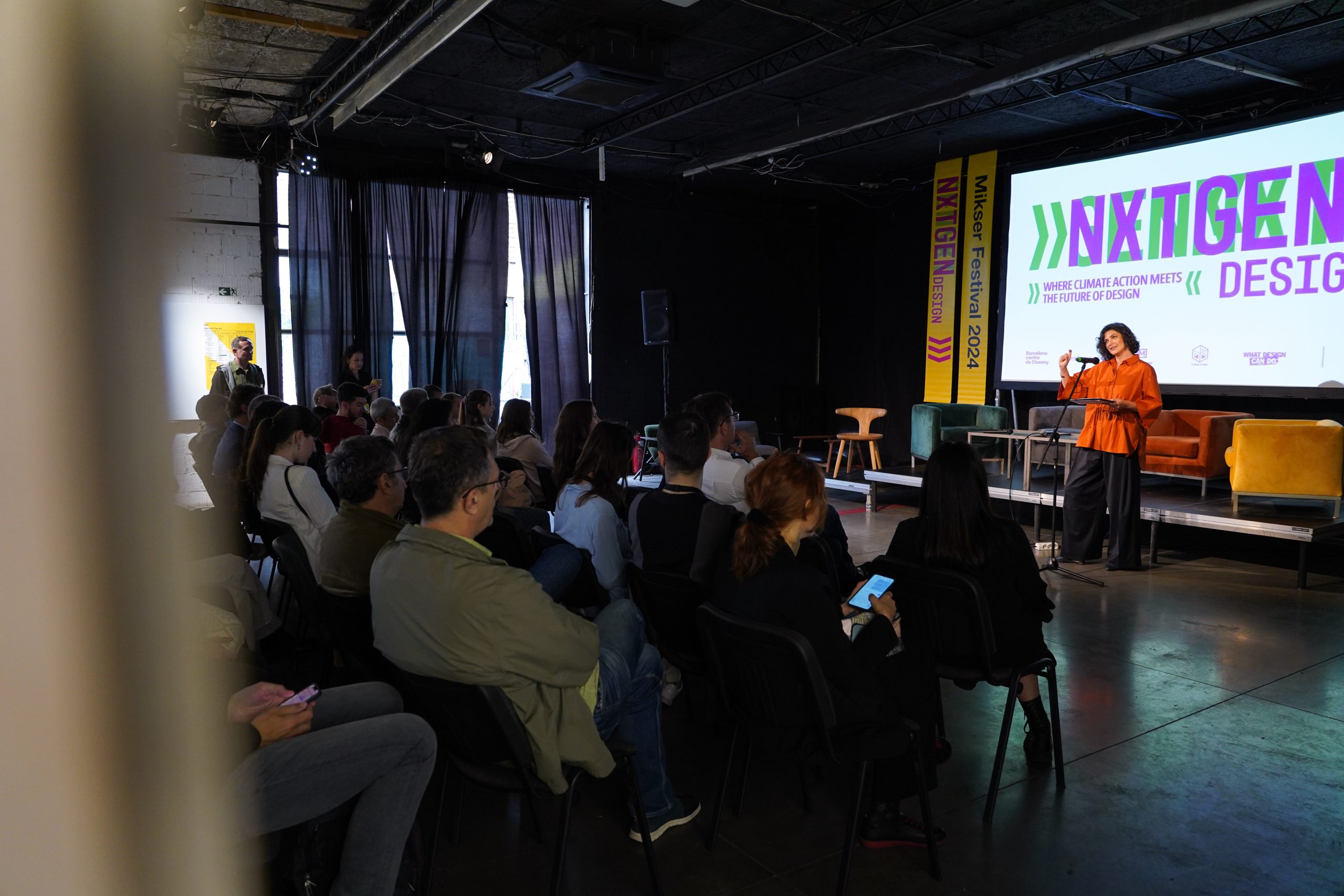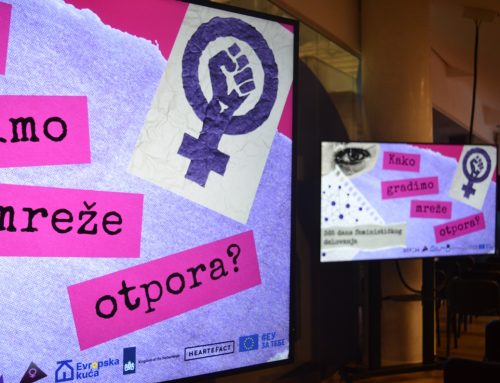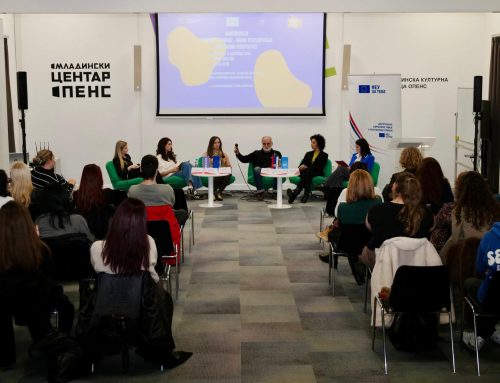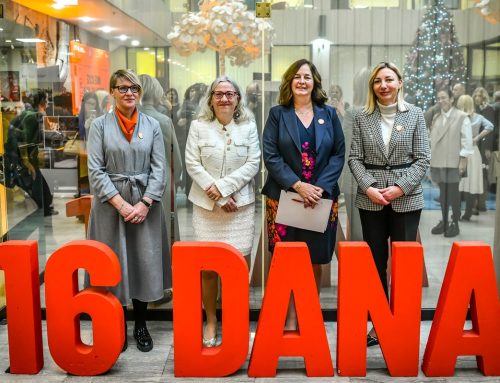Circular economy, green transition in the service of social improvement, art as the driving force of change and the individual as the central actor in building a sustainable future are the main themes of this year’s Mikser Festival.
The 13th Mikser Festival, under the slogan “Microtactics,” opened today at Dorćol Platz and will last until Saturday May 25th.
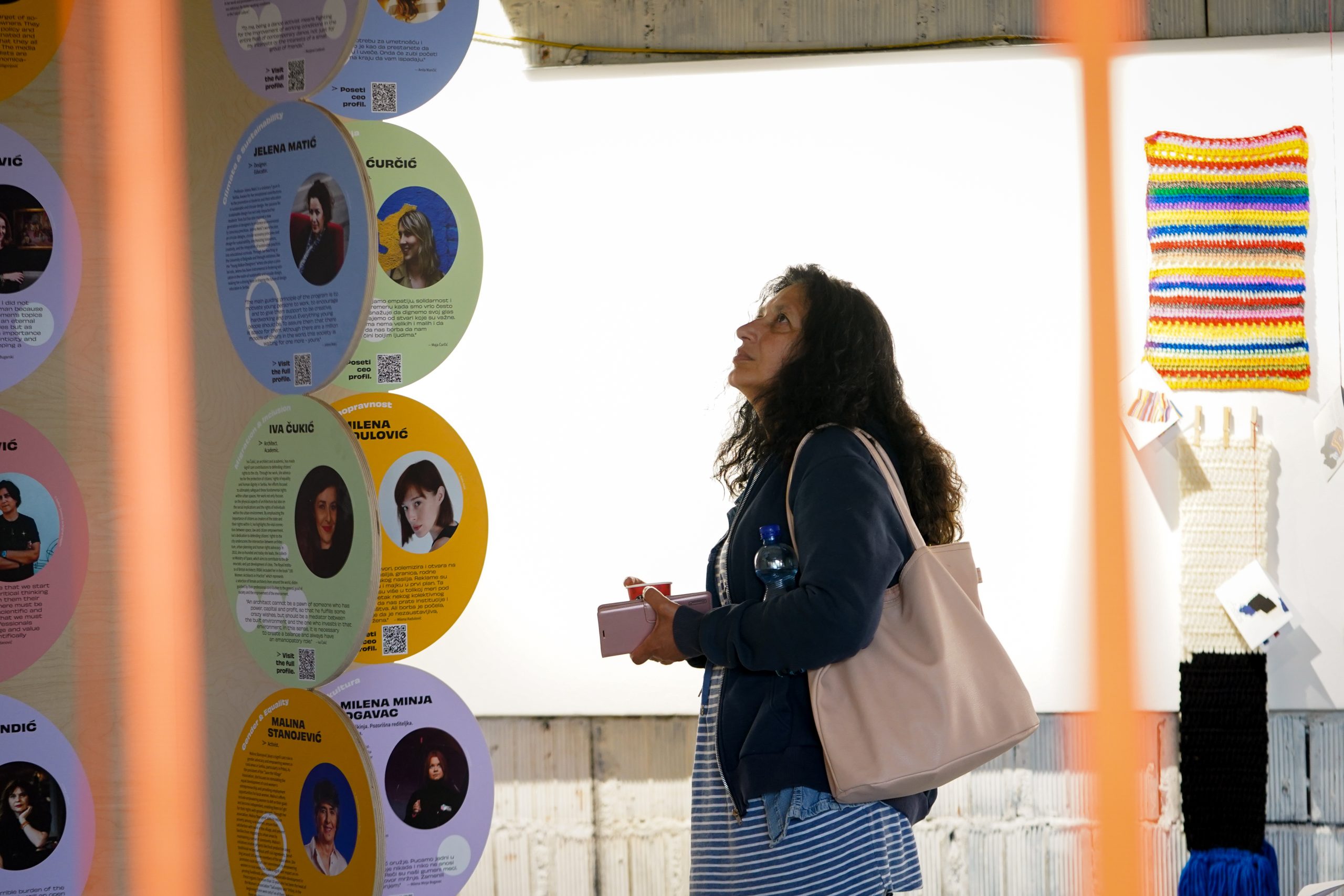
This three-day event brings together representatives from various fields of social action, including architects, artists, activists, entrepreneurs, scientists, innovators and many others, all aiming to discuss current global societal issues and the civic responsibility to improve them in the future.
At the very beginning, the Next Gen Design project was presented. According to Maja Lalić from the festival, it “consolidates the efforts of Mikser and its collaborators to awaken the Balkan design scene and direct it towards thinking about the future and finding inspiration in the Balkan region.”
This project is supported by the European Commission through the Creative Europe program and represents a collaboration of five European festivals: Barcelona Design Week, Vienna Design Week, What Design Can Do Conference, Skopje Design Week, and Mikser Festival.
Maja Lalić notes that the focus of this project is on young European designers.
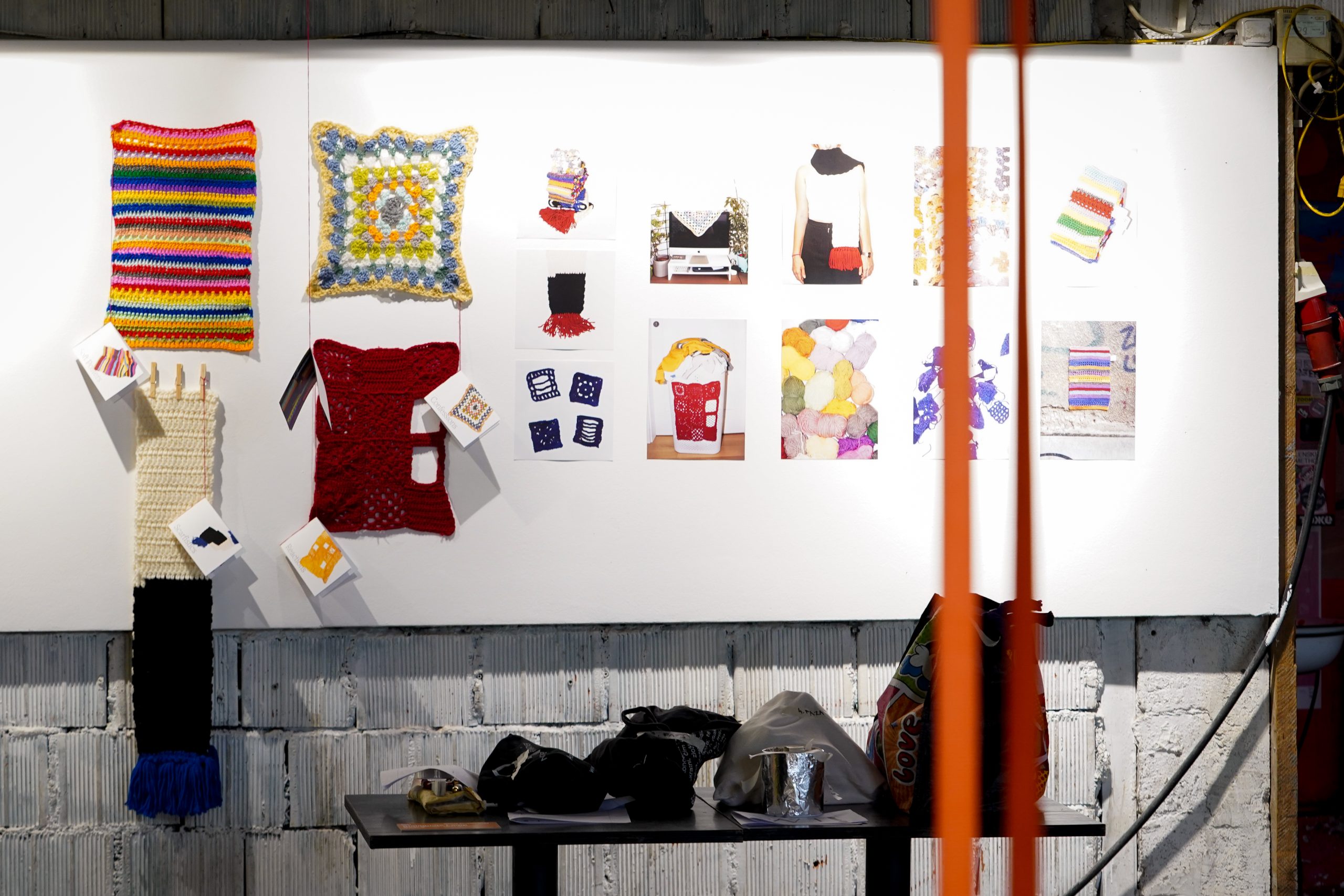
“Next Gen Design listens to the voice of the new generation on the topic of sustainability. We have joined forces with four other design festivals in Europe and realised that many festivals are like ‘small universities.’ They are often much more adaptable than educational institutions and have contact with the most innovative and progressive creators in the world. This is a unique opportunity for young people to come into contact with what is happening now and what will happen soon in the field of creative disciplines,” emphasised Lalić.
Following the project presentation, Plamena Halacheva, Deputy Head of the EU Delegation to Serbia, opened the festival with a speech on the topic “Designers at the Forefront of Circular Transition.”
Halacheva began her address by highlighting that she is a firm believer in the transformative power of the creative talent in the region, expressing her appreciation of the work done by Misker and partner organisations.
“Another reason for happiness and pride is the fact that the European Union supports this wonderful work. In addition to the new pan-EU green design initiative Next Gen Design supported through Creative Europe, Mikser is also implementing two other projects, supported though our Horizon 2020 programme – euPOLIS and HEART– which aim to improve public health in cities by introducing nature-based solutions into urban planning practices to improve urban health and reduce health disparities.
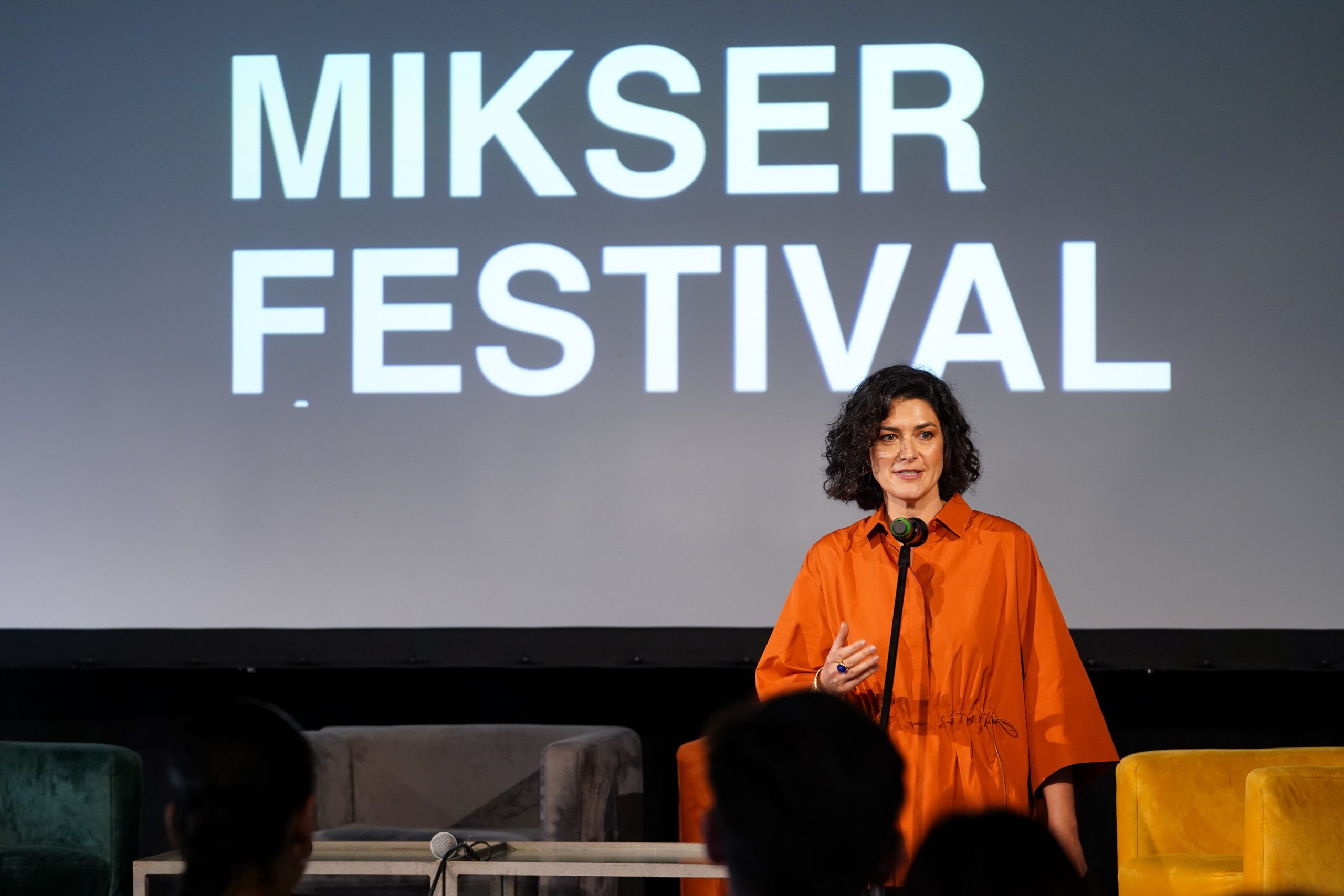
She underlined that, while often underestimated, the role of the cultural and creative sectors in the green and circular transition is crucial.
“This is why the Creative Europe programme is taking action to reduce climate and environmental impacts, by providing guidance to align creative projects with the European Green Deal objectives. Another significant EU initiative in this field is the New European Bauhaus, launched two years ago, which connects the European Green Deal to our daily lives and living spaces, blending aesthetics, sustainability, and inclusion. It has rapidly become a catalyst for the Green Deal transformation, ensuring social inclusion and participation”. She recalled that Serbian stakeholders are eligible to be benefit from these programmes, inviting them to take part as “as the green transition is shaping the future of our societies and we need all the creative and innovative talent rallied behind it”.
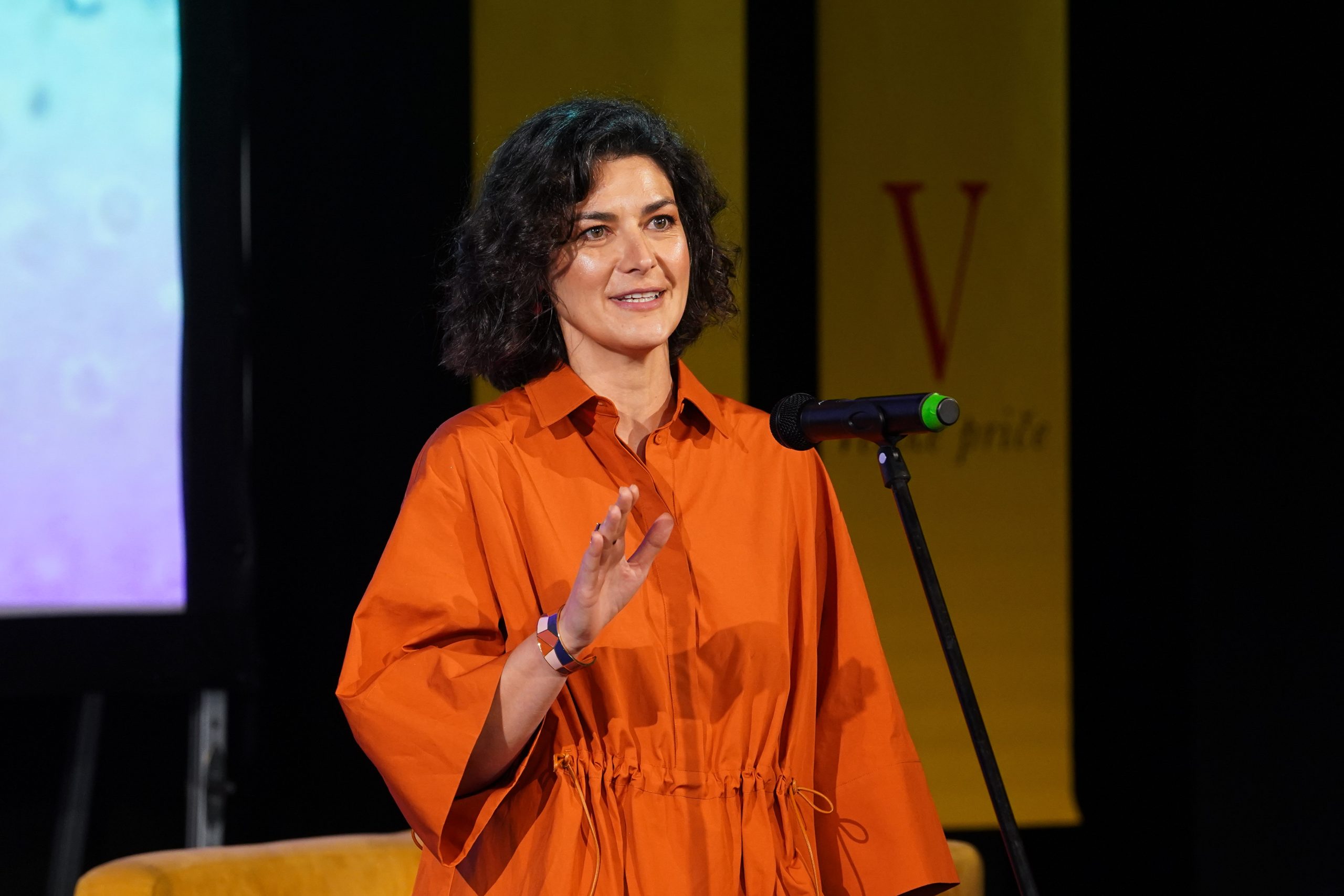
The Deputy Head of the EU Delegation emphasised the crucial role of design in this regard, stressing it is a powerful force for change.
“With this ambition, we are launching the Next Gen Design programme to encourage the European design sector to create and disseminate sustainable designs that contribute to the European Green Deal. Recognizing the potential of youth-driven innovation, Next Gen Design responds to the urgent need for fresh perspectives in designing a sustainable future. By empowering young designers and amplifying their voices, this project aims to bridge the gap between vision and action, and bring us closer to a greener, more equitable future.”
The project advocates for a transformative shift in the industry, empowering designers and consumers to embrace green practices, thus marking an important step towards making sustainable design the norm.
“By equipping young designers with the tools and knowledge to drive change, we encourage European countries to transition to a more circular economy and reduce climate impact”, concluded Halacheva.
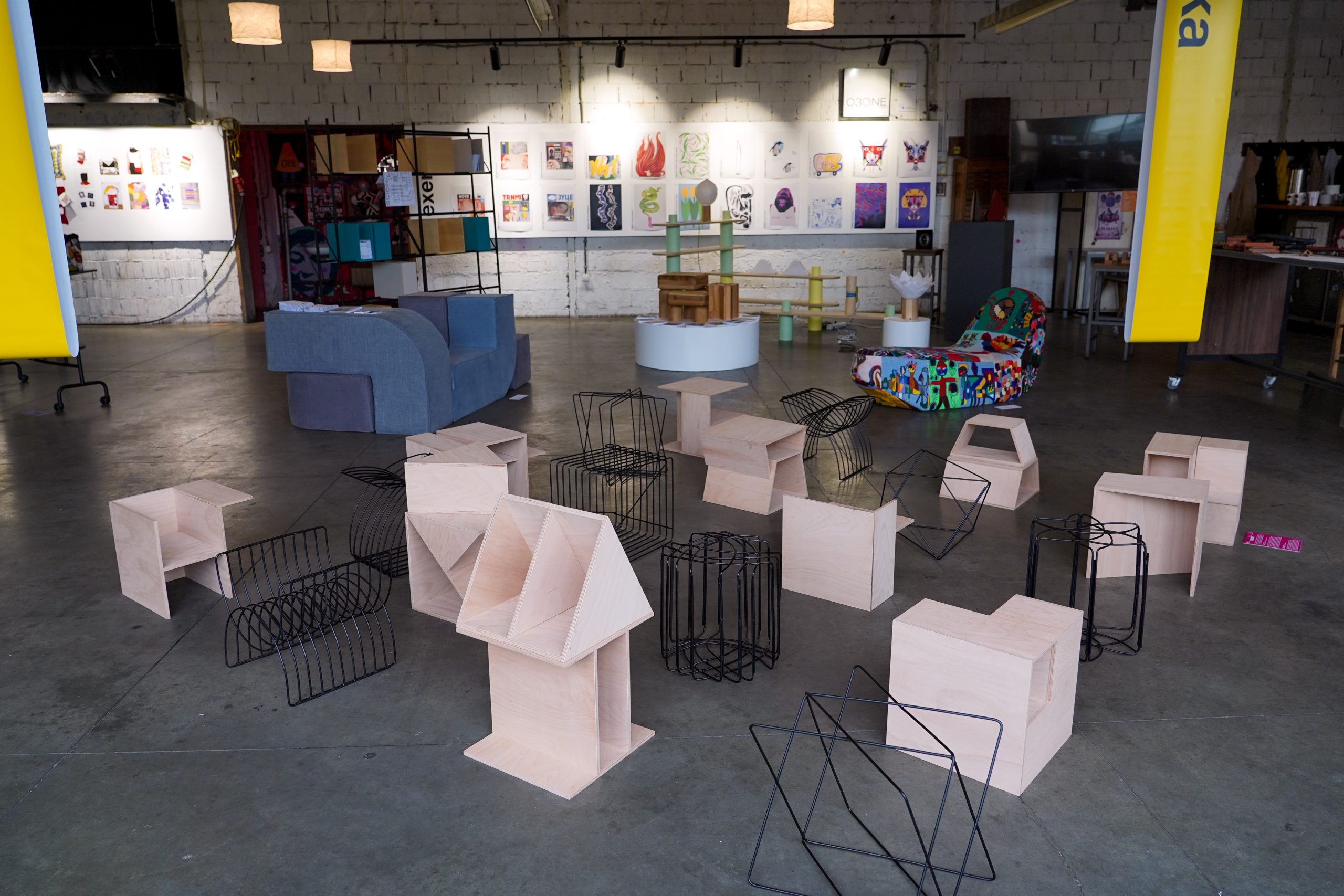
With her speech, Halacheva opened the central part of the Mikser Festival, titled “Mikser Talks,” aimed at exploring new ways to address contemporary social and environmental challenges.

